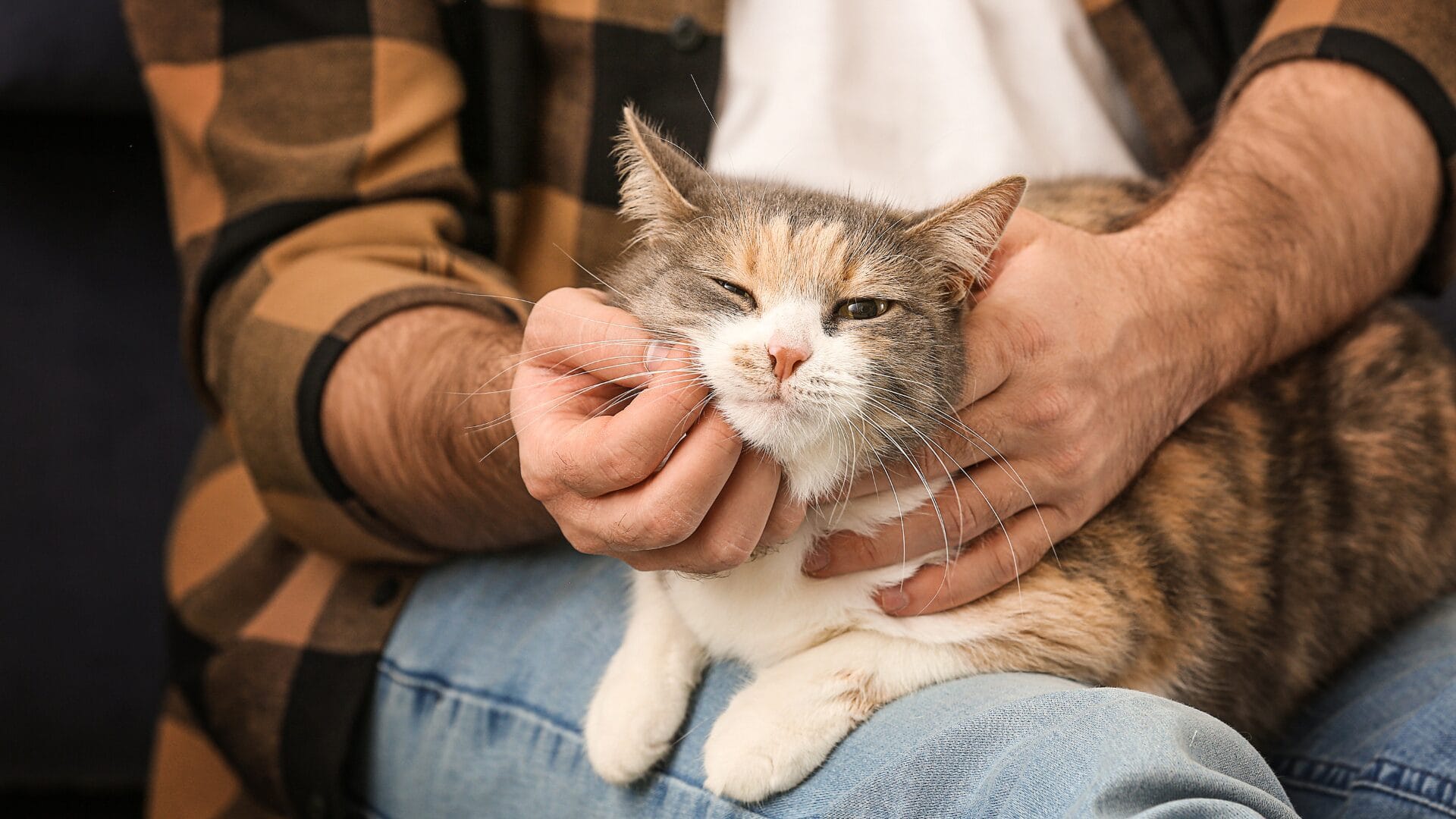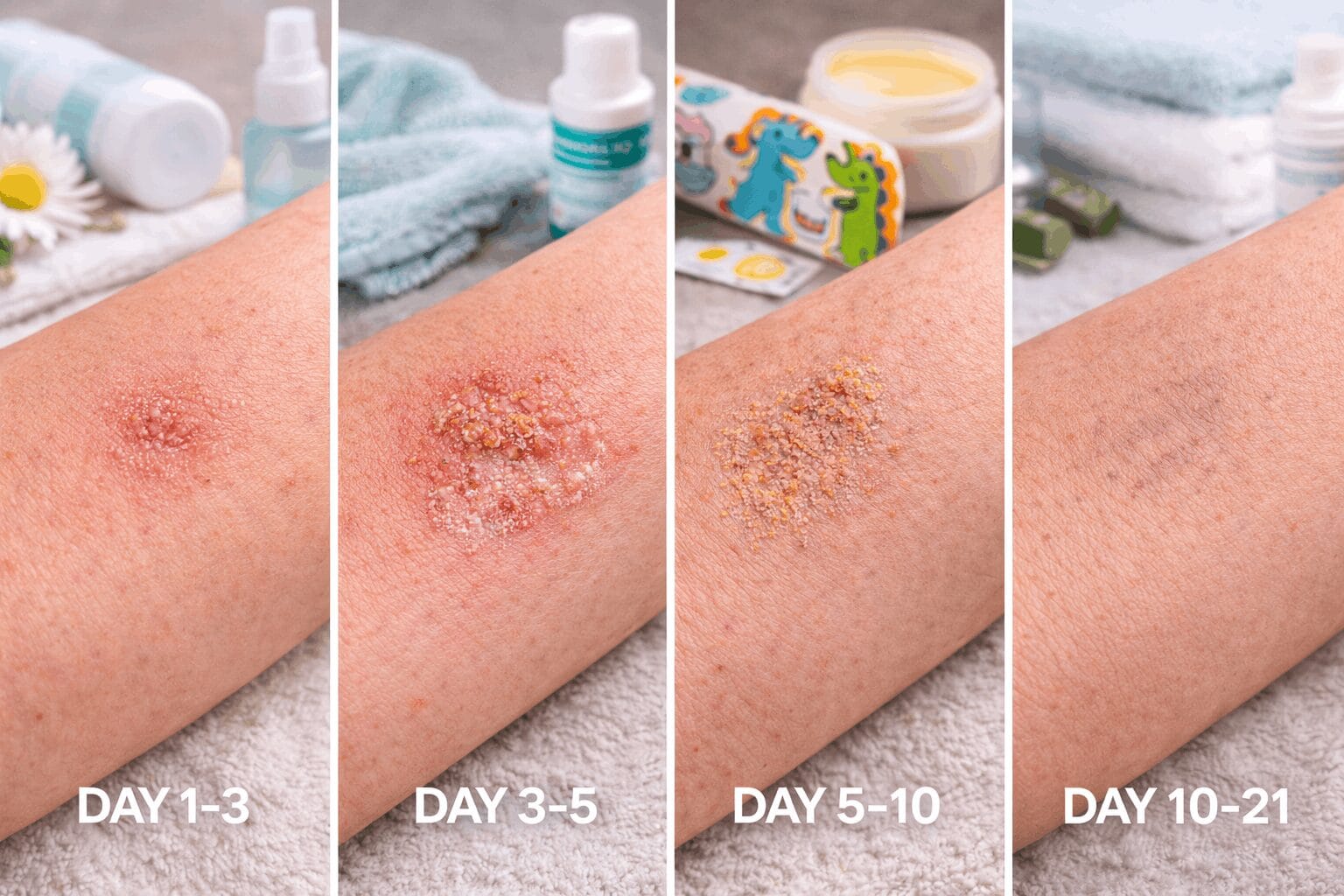Cats are beloved companions for millions worldwide, but for some, they come with a not-so-pleasant side effect: allergies. Cat allergies can cause sneezing, watery eyes, itchy skin, and even difficulty breathing. However, there are natural ways to manage these symptoms and enjoy life with cats. Let’s explore how you can get rid of cat allergies naturally while understanding the symptoms, causes, and effective solutions. Many people search for ways on how to get rid of cat allergies naturally, hoping to enjoy their pets without discomfort. Thankfully, there are several natural remedies for cat allergies in humans that can bring significant cat allergy relief. By combining lifestyle changes with simple cat allergy remedies, you can minimize allergic reactions and create a more comfortable home environment. These natural treatments for cat allergies focus on reducing allergen exposure, boosting immunity, and maintaining a clean indoor space.
What are the signs and symptoms of cat allergies?
Before diving into treatments, let’s identify the common signs of cat allergy:
- • Sneezing and nasal congestion
- • Watery or itchy eyes
- • Cat allergy skin rash, characterized by red, itchy patches
- • Persistent cough or wheezing
- • Itchy throat or ears
- • Fatigue due to prolonged exposure
These symptoms often appear after contact with cat fur, dander, saliva, or urine.
Why do cat allergies occur?
If you’ve ever wondered how to stop being allergic to cats, it begins with understanding your body’s response. While allergies can’t always be completely cured, it’s possible to reduce cat allergies and manage your symptoms effectively. Focus on strategies that lessen cat allergies—like frequent cleaning, grooming your pet, and maintaining good air circulation. Small adjustments can lead to noticeable natural cat allergy relief, helping you live more comfortably alongside your cat. Cat allergies happen when the immune system reacts to allergens like Fel d 1, a protein found in cat saliva, skin, and dander. This overreaction triggers symptoms of cat allergies, making it difficult for some to coexist with their feline friends.
8 natural ways to find cat allergy relief
Whether you prefer home remedies for cat allergies or herbal solutions, there are numerous ways to find relief. These natural remedies for cat allergies are safe, affordable, and easy to incorporate into your routine. From air purification to proper cat care, the goal is to find the best remedy for cat allergies that fits your lifestyle. Consistency and cleanliness are key to achieving a natural cure for cat allergy discomfort.
While medical treatments are available, many people prefer natural solutions to minimize symptoms of cat allergies. Here are eight natural remedies for cat allergies to help:
1. Keep your home clean
Regular cleaning is vital for reducing allergens in your home:
- • Utilize a vacuum with a HEPA filter to trap allergens.
- • Wash your cat’s bedding weekly in hot water.
- • Dust and mop surfaces frequently to remove accumulated dander.
2. Use air purifiers
Investing in a good-quality air purifier can improve indoor air quality. HEPA filters can remove airborne allergens like cat dander, providing cat allergy relief.
3. Designate pet-free zones
Creating cat-free areas, such as your bedroom, can minimize your exposure to allergens. This offers a sanctuary where you can breathe easily and reduce symptoms of cat allergies.
4. Bathe your cat regularly
Though not all cats enjoy baths, weekly bathing can reduce the amount of allergen on their fur. Use a cat-safe shampoo to avoid causing cat skin allergies in your pet.
5. Groom your cat outdoors
Brushing your cat outside helps contain shedding and reduces allergen buildup in your home. Grooming gloves are a great option to minimize the spread of allergens. It’s one of the best home remedies for cat allergies.
6. Wash your hands frequently
After handling your cat or cleaning its litter box, wash your hands with soap and water to avoid transferring allergens to your face, which could trigger a cat allergy rash.
7. Boost your immunity naturally
Yes. If you’re still wondering how to get rid of cat allergies. A strong immune system can help your body better handle allergens. Focus on:
- • Eating a balanced diet rich in fruits, vegetables, and omega-3 fatty acids.
- • Getting regular exercise to improve overall health.
- • Managing stress levels, which can exacerbate allergy symptoms.
8. Explore herbal remedies
If you prefer holistic healing, herbal remedies for cat allergies can be a gentle and effective solution. Ingredients like quercetin, stinging nettle, and butterbur act as natural antihistamines for cat allergy relief. Many people also turn to natural medicine for cat allergies, such as supplements that support immune balance. While these natural remedies for cat allergies may not replace medical care, they can be a valuable remedy for those allergic to cats, reducing inflammation and soothing allergy symptoms over time.
Natural antihistamines like stinging nettle and quercetin have shown promise in managing allergy symptoms. Always consult an allergy specialist before trying new remedies.
Testing for cat allergies: When to see a specialist
While testing identifies your triggers, finding the right cat allergy treatment is equally important. You may wonder, can you get rid of a cat allergy completely? Although total elimination isn’t always possible, professional care combined with natural cat allergy remedies can greatly improve comfort. Treatments like immunotherapy, antihistamines, and environmental control methods are proven ways to get over a cat allergy and minimize flare-ups long term.
If you suspect you’re allergic to cats but aren’t sure, a cat allergy test can confirm the diagnosis. Common testing methods include:
- • Skin prick tests: A small amount of allergen is applied to your skin to observe reactions.
- • Blood tests: Measures your immune system’s response to cat allergens.
An allergist or immunologist can guide you through testing and recommend a personalized treatment plan.
How to get rid of cat allergies naturally
Still wondering if getting rid of cat allergies entirely is possible? While completely eliminating cat allergies is challenging, effective management is possible. Keep your cat out of bedrooms, vacuum with a HEPA filter, and use air purifiers to reduce allergens. Bathe your cat weekly (if tolerated) to lower dander levels, and always wash your hands after handling your pet. For persistent symptoms, consult an allergy specialist to explore options like antihistamines or immunotherapy for long-term relief.
The best treatment for cat allergies
The best way to treat cat allergies depends on your individual sensitivity. Over-the-counter options and natural methods both play a role in symptom management. Wondering what to take for a cat allergy? Natural supplements, vitamin C, and antihistamines may help. However, the best thing for cat allergies is a consistent plan that combines medical and natural strategies. Talk to your allergist about how to help with cat allergies in a way that complements your daily routine.
While natural remedies can be effective, some people may need medical intervention for severe symptoms of cat allergies. Common medical options include:
- • Antihistamines: These provide quick relief from sneezing and itching.
- • Nasal sprays: Reduce nasal congestion and inflammation.
- • Allergy shots (immunotherapy): A long-term solution to build tolerance to allergens.
- • Sublingual immunotherapy: Oral drops that work similarly to allergy shots but are more convenient.
Your allergy specialist will help you find the best treatment for cat allergies based on your symptoms and lifestyle.
Choosing the best cats for allergies
If you’re allergic to cats but still want to adopt one, consider hypoallergenic breeds. These cats produce lower levels of the Fel d 1 protein, making them more suitable for allergy sufferers. Some of the best cats for allergies include:
- • Siberian: Known for producing less Fel d 1 protein.
- • Balinese: Often called the “long-haired Siamese,” they are considered hypoallergenic.
- • Oriental Shorthair: Minimal shedding reduces allergen spread.
While no cat is 100% allergy-free, these breeds are better options for individuals with allergies to cats.
Can cat allergies cause skin issues?
Skin reactions like redness, itching, or hives may require gentle care. You can try cat skin allergies home remedies such as aloe vera gel, oatmeal soaks, or coconut oil to calm irritation. For pets, treating cat skin allergies naturally involves using mild shampoos, balanced diets, and regular grooming. If you’re unsure how to treat allergies in cats or how to treat a cat with allergies, speak with a veterinarian to find the right treatment for cats with allergies that keeps both you and your furry friend comfortable.
Yes, exposure to allergens can lead to a cat allergy skin rash. This rash may appear as red, itchy patches or hives, especially if the allergen comes into direct contact with your skin.
To alleviate skin symptoms:
- • Apply cold compresses to reduce itching and swelling.
- • Use natural moisturizers like aloe vera to soothe irritation.
- • Take an oatmeal bath to calm your skin.
If your symptoms persist, consult an allergist for a detailed evaluation.
Finding harmony with cats and allergies
Living with cats and allergies requires patience, planning, and sometimes compromise. By combining natural remedies with medical advice, you can reduce your symptoms and coexist peacefully with your furry friend.
Remember, caring for your health doesn’t mean giving up the things you love. Consult an allergist or immunologist to explore options tailored to your needs. With the right approach, you can achieve the perfect balance of allergy management and cat companionship.
Your health matters, and so does your happiness. If you’re struggling with cat allergies, take proactive steps today.
Conclusion
Cat allergies don’t have to define your relationship with your feline companion. From natural cleaning tips to dietary adjustments, there are many ways to reduce symptoms of cat allergies. Whether you choose hypoallergenic breeds or seek advice from an allergy specialist, remember that relief is within reach. With love, care, and persistence, you can enjoy the joy of having a cat without compromising your well-being.





